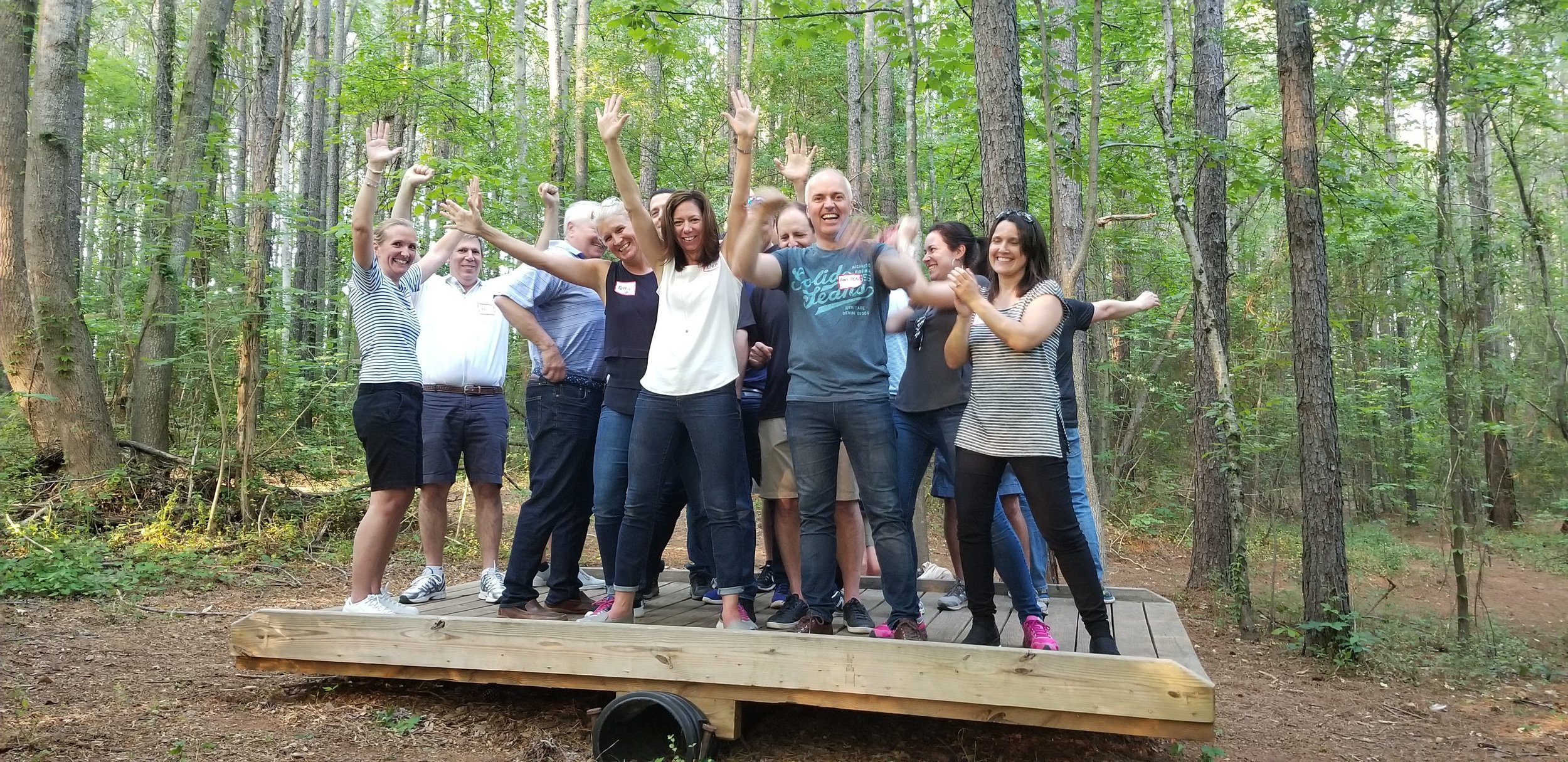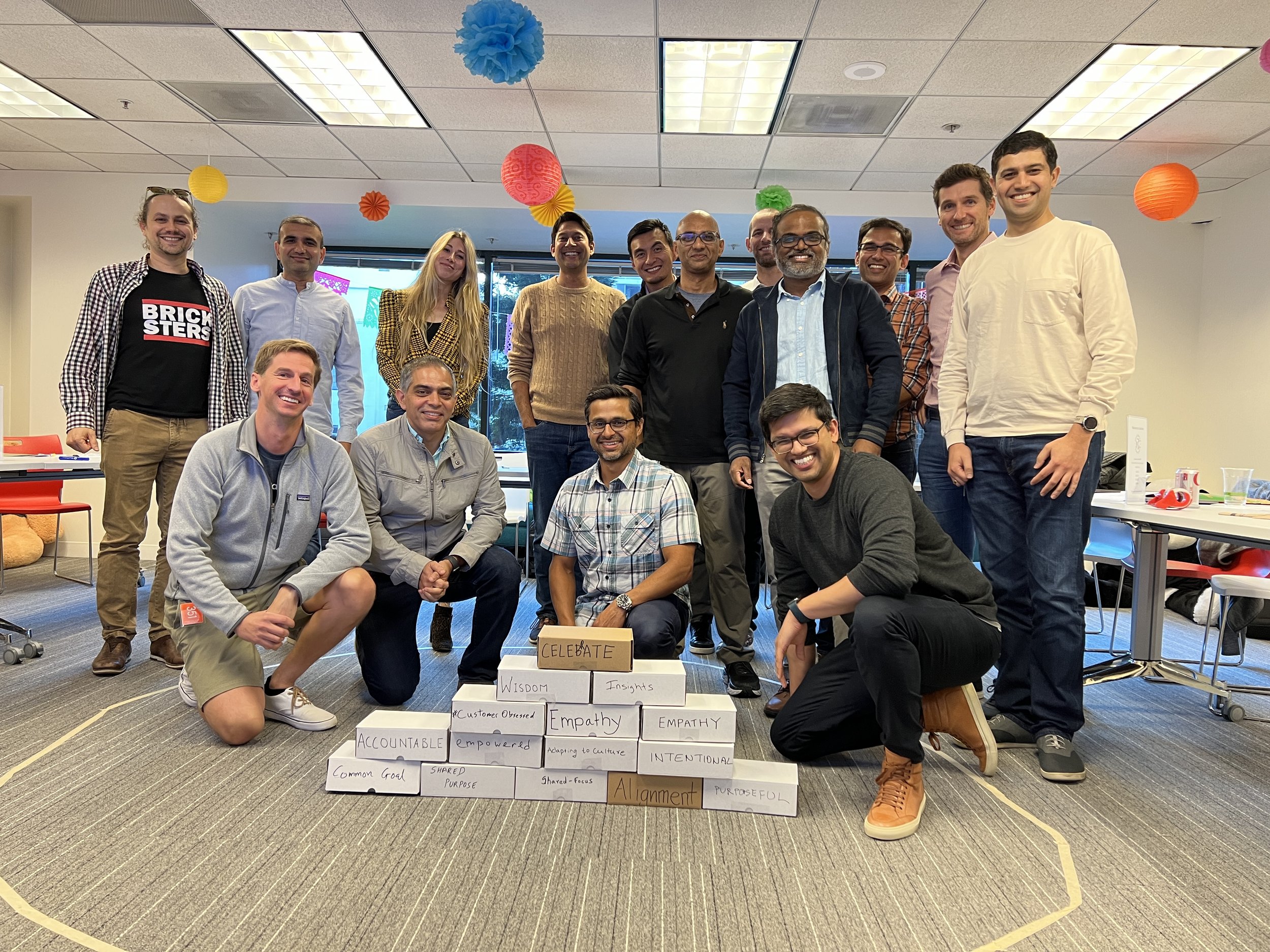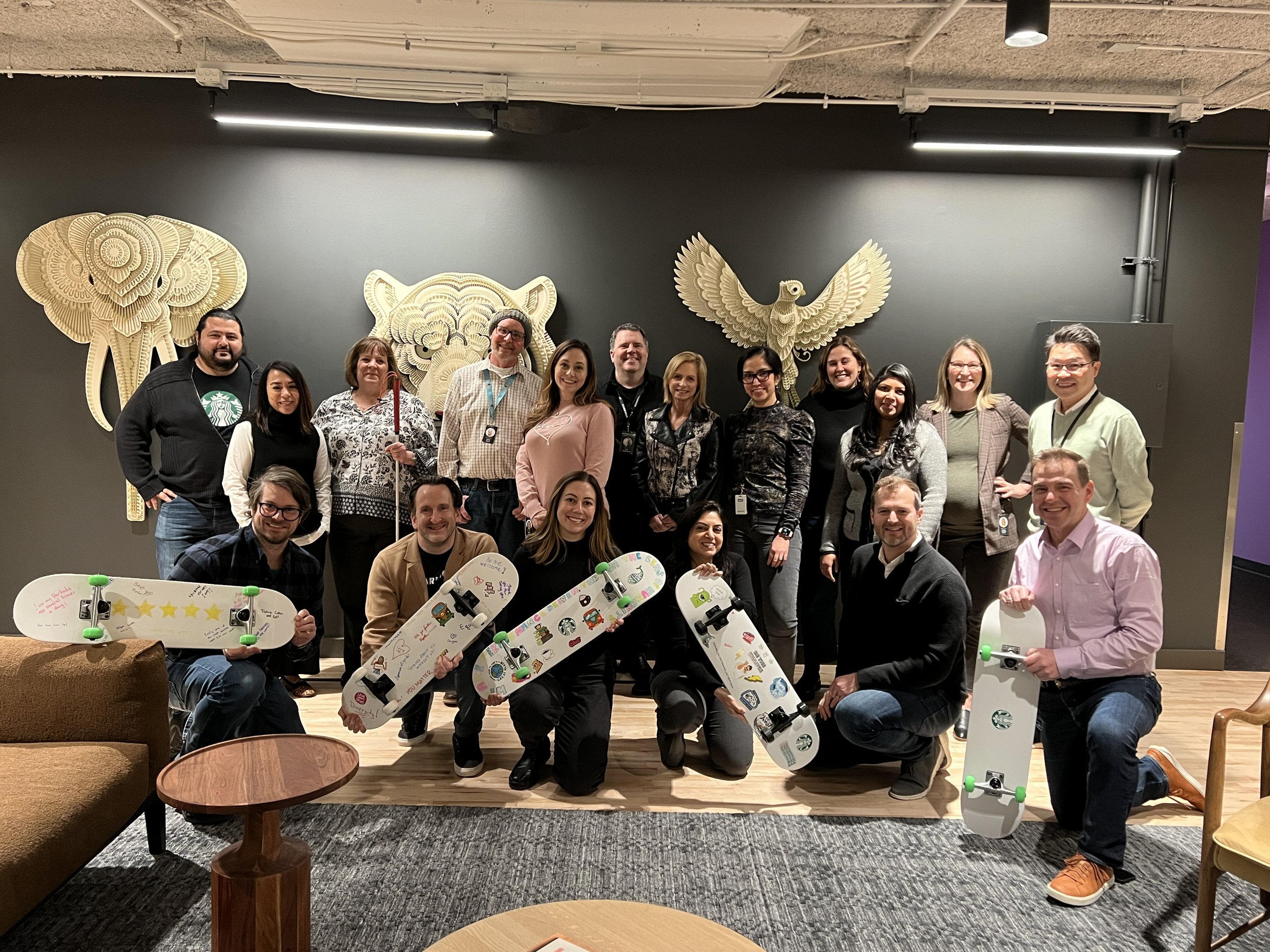Do You Dissect Your Successes?
When was the last time you dissected a success? We often hear about companies running post mortems on projects that did not go as planned. The goal is to figure out what went wrong so as not to duplicate the root cause in future projects. That makes a lot of sense, but there is so much more value in running post mortems on projects that succeed and do go well. Imagine getting to the root cause of success and being able to create a repeatable process that enhances the likelihood of future success?
The concept seems so basic. Play to your strengths, find your Groove, do what you do best. When things go well there is a tendency to quickly move on to what is next. While that makes some sense, the learnings are often overlooked and missed. When I started Groove Management as a consulting firm, I rooted the approach we would take in a concept known as appreciative inquiry. Appreciative Inquiry was AI before AI was cool. Appreciative inquiry is an asset-based approach to organizational and social engagement that utilizes questions and dialogue to help individuals and organizations to reveal strengths, advantages and opportunities. At Groove Management we refer to this as “finding your Groove”. Successful accomplishment of a project, a task or any initiative becomes as asset for the team, but without inspection it is easy to overlook the success and not bank the asset. If we are a sum of our experiences, then we must take note of all experiences both positive and negative and learn from them.
Modern society has created work cultures centered on the concept of racing to red. Figure out what is broken or went wrong and fix it. There is an inherent problem with this approach. First off, it is demoralizing. I lead several team building workshops for teams ranging from C-Suites to front line employees. During those workshops, we engage in several interactive and experiential activities. I use these activities to gauge how teams work together, whether they collaborate, compete, engage, disengage or defer to the leader.
As Plato once said,
“You can learn more about a person in an hour of play, than in a year of conversation.”
I find this to be very true and getting teams to play together provides me with incredible insights into what is working well and where they need to improve. One of the greatest team insights usually comes at the conclusion of the first interactive activity when the team succeed. I watch carefully to see what happens next. In most cases, the team is quick to ask, “What’s next?” Seldomly do a I find teams that stop at that point, high five, revel in their success and share appreciation for one and other. It happens, and when it does, I know I am working with a special team. Since it happens so infrequently, I find it to be my job to call it out. If teams does celebrate success, then how do they react when things go poorly. Very often they react by playing the blame game.
A different model can and should exist. Celebrate the success before moving on and then debrief. If success is not achieved, then jump straight to the debrief. No finger pointing or blame. In either case the debrief is where the learning is captured. Start with the following questions whether there was a successful outcome or not:
Facilitating The Debrief Session
At the conclusion of the project pull the team together for a reflection session. The goal of the session is to capture the learnings. It is important to have a scribe, someone who will take notes and distribute those notes to the team. Below is a list of questions that we use to facilitate reflection sessions:
What worked well?
How did we perform as a team?
What do we know now that we wish we knew when we started?
Did we fully leverage the knowledge and experience on the team?
What could we have done better?
What was the root cause of our success or failure?
Could we duplicate and document the success?
Could we document the failure and learn from it?
How do we institutionalize an approach that will help us learn from each project we perform?
What were the key learnings from this activity?
How should we celebrate success? What are the team norms we want in place when things go well and when things go wrong?
This list of questions is a good starting point for teams. If your workplace culture can build a cadence around doing PPMs (not parts per million), but positive post mortems as well as post mortems on your failures, you can begin to build a learning organization.
Work is a team sport and it requires constant refinement and reflection. With a balanced focus that appreciates the root cause of success, you can build the organizational muscle to overcome adversity and hardships, leverage positive momentum and teach team members to develop pride in what they do well.





